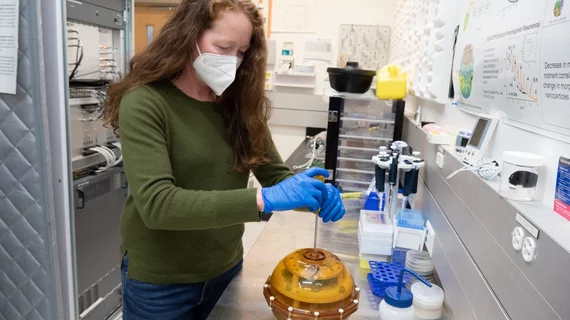Oversight agency says nationwide variation in quantitative MRI scanners requires tighter control
A government oversight agency has discovered significant variation with quantitative MRI measurements used in scanners across the country, according to a study published Wednesday in PLOS One. The discrepancies could affect care quality.
Researchers with the National Institute of Standards and Technology assessed 27 MRI machines from multiple vendors across nine different organizations in the U.S. They found inconsistencies and bias in T1 measurements from scanner to scanner.
Quantitative MR imaging can greatly enhance disease detection and diagnoses but is currently limited to research purposes. Some groups, such as the International Society for Magnetic Resonance in Medicine, are promoting its utility for routine care.
But the current results show variations that could mean the difference between diagnosing a benign versus cancerous brain tumor, “seriously affecting patient care,” the authors explained.
“Ideally, numerical measurements of tumors and other disease markers could be reproduced across many different patients, scanners and clinics over time—and potentially reduce medical costs,” lead author Katy Keenan of NIST, and colleagues added.
For their study, the group used a phantom to test MRI performance and related software. Keenan et al. compared T1 values across these machines. In current practice, radiologists base their interpretations on T1-weighted values, which are more subjective rather than quantitative.
Given their findings, the authors suggest establishing rigorous control procedures to ensure confidence and consistency across quantitative MRI machines. Doing so would also allow providers to translate data benchmarks for diagnosis, disease progression and treatment monitoring from research into the clinical practice, the group noted.
“The new study is a step toward applying diagnostic threshold T1 measurement across multiple clinical sites,” Keenen and co-authors wrote.
The full open-access study is available here.

